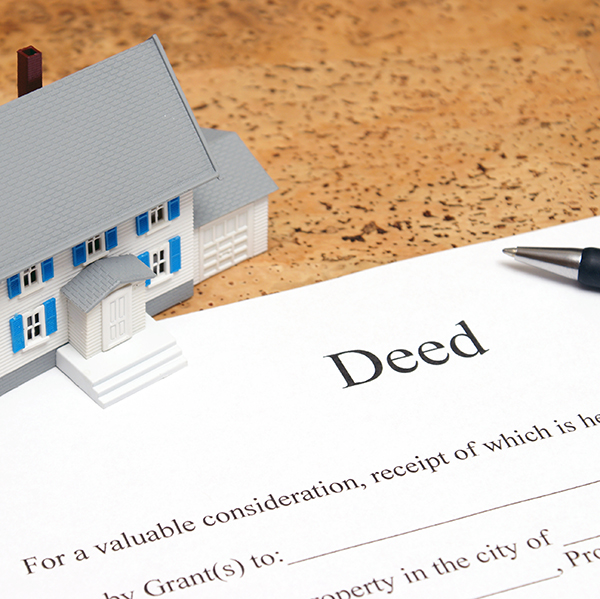 With rising energy costs and an increasing concern for the effects of energy production on the environment, handy home tools that help to cut down these factors such as solar energy panels have become quite the commodity. Home owners throughout the sunnier parts of the country have opted to have these panels installed on their roofs, but the cost to purchase and have these systems installed is quite an investment. For this reason, many home owners are turning to a new option to outfit their home with solar panels: leasing.
With rising energy costs and an increasing concern for the effects of energy production on the environment, handy home tools that help to cut down these factors such as solar energy panels have become quite the commodity. Home owners throughout the sunnier parts of the country have opted to have these panels installed on their roofs, but the cost to purchase and have these systems installed is quite an investment. For this reason, many home owners are turning to a new option to outfit their home with solar panels: leasing.
Companies such as SunPower Corp. have been leading the rising tide in solar panel leases, as the agreement enables more home owners in all spectrums of homeownership to obtain the earth-saving and money-saving energy conversion system. The trend has been so popular that installation of solar panels has jumped 38 percent int he U.S. in the last year.
Despite the rising popularity of this option among home owners, home buyers are shying away from purchasing homes with these agreements already in place. This has become such a problem for solar leasers that are looking to sell their home, that they are actually finding that the value of their home is dropping as a result of the lease.
“Homeowners don’t understand what they’re signing when they get into this,” said Sandy Adomatis, a home appraiser in Punta Gorda, Florida, to Bloomberg. Adomatis created the industry’s standard tool for valuing the systems. “You’ve got another layer to add on top of finding a buyer for the house. It’s not a plus.”
Leasing Solar Systems Takes From Value Of Homes
While home owners that purchase solar leasing systems typically see a rise in the value of their homes, sometimes as much as $25,000 in California, leasing systems creates a grey area of ownership that can actually work against home sellers. Leased systems are considered personal property of the home owner rather than a fixed feature of the home. For many home buyers, taking over a lease is more of a liability and can work to drive many away from purchasing a home with a leased system.
“Some buyers just won’t be on board” with assuming a solar lease, said Nick Culver, a solar analyst at Bloomberg New Energy Finance in New York. “Even if you save money every month, you limit yourself to a certain subset of buyers.”
For Dorian Bishopp, a home owner and solar panel leaser who recently spoke with Bloomberg News, the system ended up saving him about $50 in monthly energy costs. However, when the time came to sell his home, finding the right buyer was a testy situation. After minimal offers on his home, Bishopp shaved $15,000 off of his asking price in a move that eventually enticed a buyer to purchase the home and take over the lease.
Agents in the field hope that with the proliferation of these systems, the problems Bishopp encountered in the sale of his home will become less commonplace.
“It’s going to become a non-issue,” Re/Max agent Brian Neugebauer said to Bloomberg. “It’s going to be like asking ‘Does your house have lightbulbs?’”



